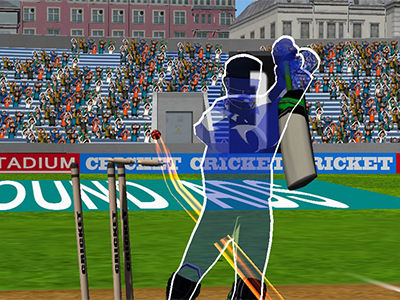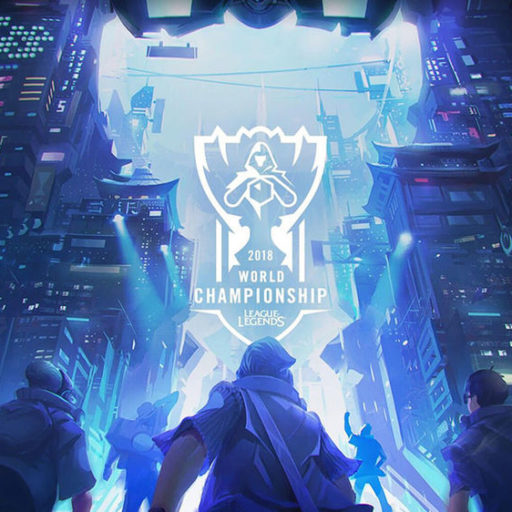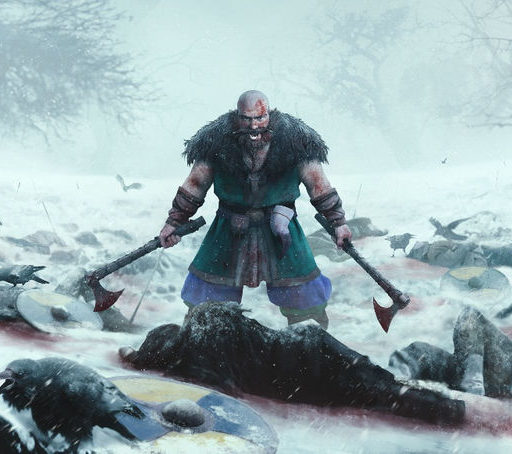Game marketing involves a comprehensive set of strategies and techniques aimed at promoting and maximizing the success of a video game. It encompasses various activities, channels, and approaches designed to reach and engage core audiences, drive awareness, increase user acquisition, and ultimately generate revenue. Here is an extensive yet concise explanation of how game marketing works:
1. Market Research
Game marketing begins with thorough market research to identify target audiences, assess competitors, analyze industry trends, and uncover market opportunities. This research helps shape the overall video game marketing strategy and informs subsequent decisions.
2. Branding and Positioning
Establishing a solid and distinctive brand identity is crucial in the highly competitive video game industry. Effective game marketing involves defining a unique value proposition, positioning the game in the market, and creating a compelling brand image that resonates with the key demographic.
3. Pre-Launch Campaigns
Building anticipation and generating buzz before a game's release is a vital component of game marketing. Pre-launch campaigns involve teaser trailers, gameplay previews, social media engagement, press releases, influencer collaborations, and community-building activities to generate excitement and attract early adopters.
4. Multi-Channel Advertising
Video game marketers employ a range of advertising channels to reach the core audience, including online platforms, social media networks, gaming websites, app stores, and digital ad networks. Strategic ad placements, such as in-app advertisements, video ads, and targeted campaigns, maximize visibility and user acquisition.
5. Influencer Marketing
Leveraging the reach and influence of popular content creators and influencers in the video game market can significantly impact game marketing success. Collaborating with gaming influencers, streamers, and YouTubers who align with the game's genre and target customers helps generate buzz, drive engagement, and reach new players.
6. Community Engagement
Building an active and engaged community around the game is crucial for long-term success. Video game marketers foster community engagement through forums, social media groups, Discord servers, live events, and developer-player interaction. This creates a sense of belonging to gaming community, encourages player retention, and generates positive word-of-mouth.
7. PR and Media Relations
Effective game marketing involves strategic public relations efforts to secure media coverage, positive reviews, interviews, and features in relevant gaming publications, blogs, and news outlets. Positive media exposure enhances the game's credibility, increases visibility, and influences player perception.
8. User Acquisition and Conversion
Video game marketers employ user acquisition strategies to drive downloads, installs, and conversions. This includes optimizing app store listings, leveraging app store optimization techniques, implementing targeted advertising campaigns, and utilizing data-driven marketing approaches to attract and convert potential players.
9. Data Analysis and Iterative Improvements
Game marketing relies heavily on data analysis to measure video game marketing campaign performance, understand player behavior, and make informed decisions. Digital marketers use analytics tools to gather insights, track key performance indicators, and refine marketing strategies through A/B testing, optimization, and iterative improvements.
10. Post-Launch Support and Updates
Game marketing doesn't end with the game's release. Ongoing support, updates, and content releases help maintain player engagement, foster a loyal community, and drive monetization through in-app purchases, subscriptions, or downloadable content (DLC).
In summary, game marketing involves a holistic and dynamic approach that combines market research, branding, advertising, community engagement, influencer collaborations, PR efforts, data analysis, and continuous improvement.
By employing a comprehensive video game marketing strategy, game developers and publishers can effectively promote their video games and achieve long-term success in the competitive gaming industry.


